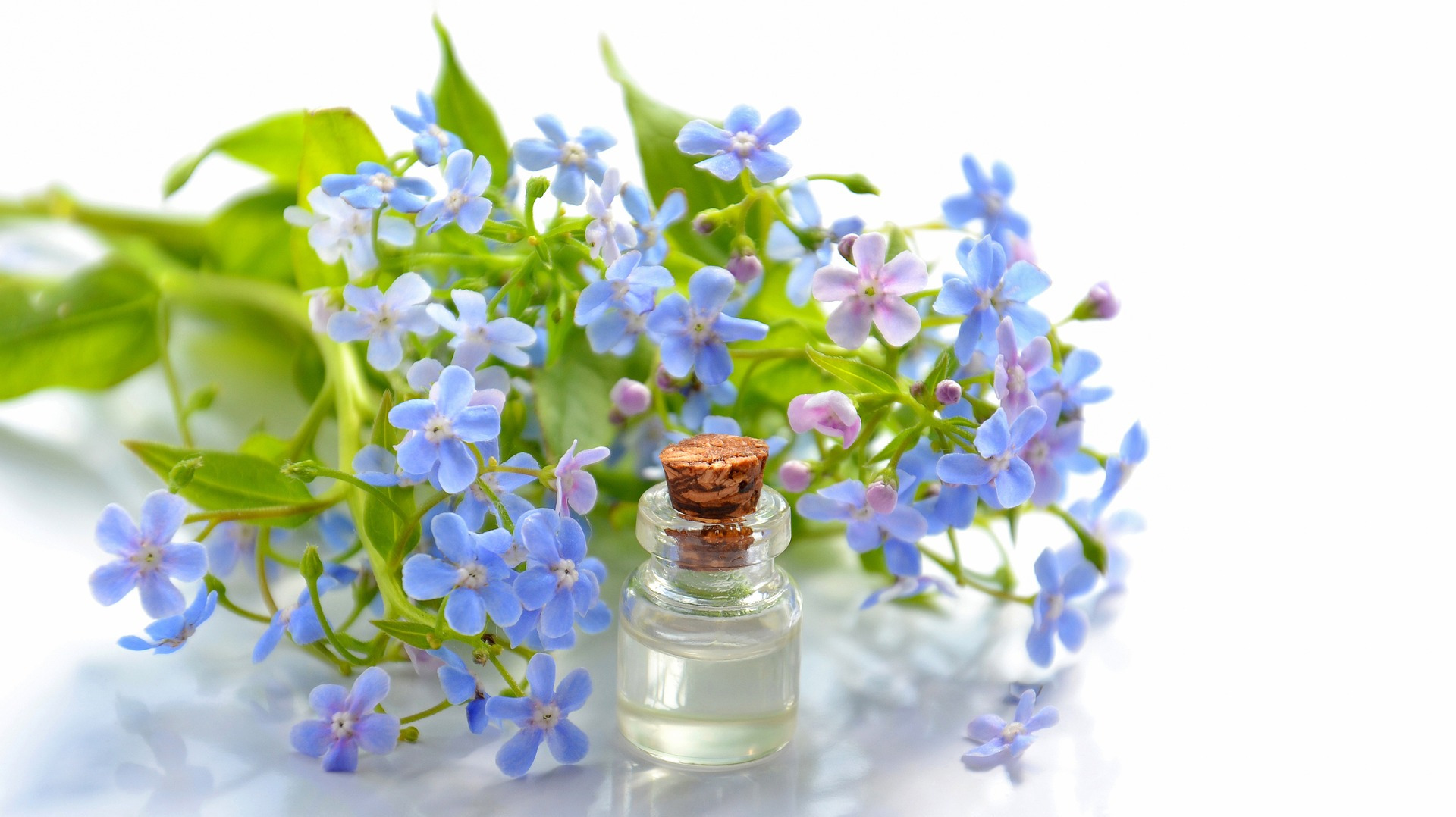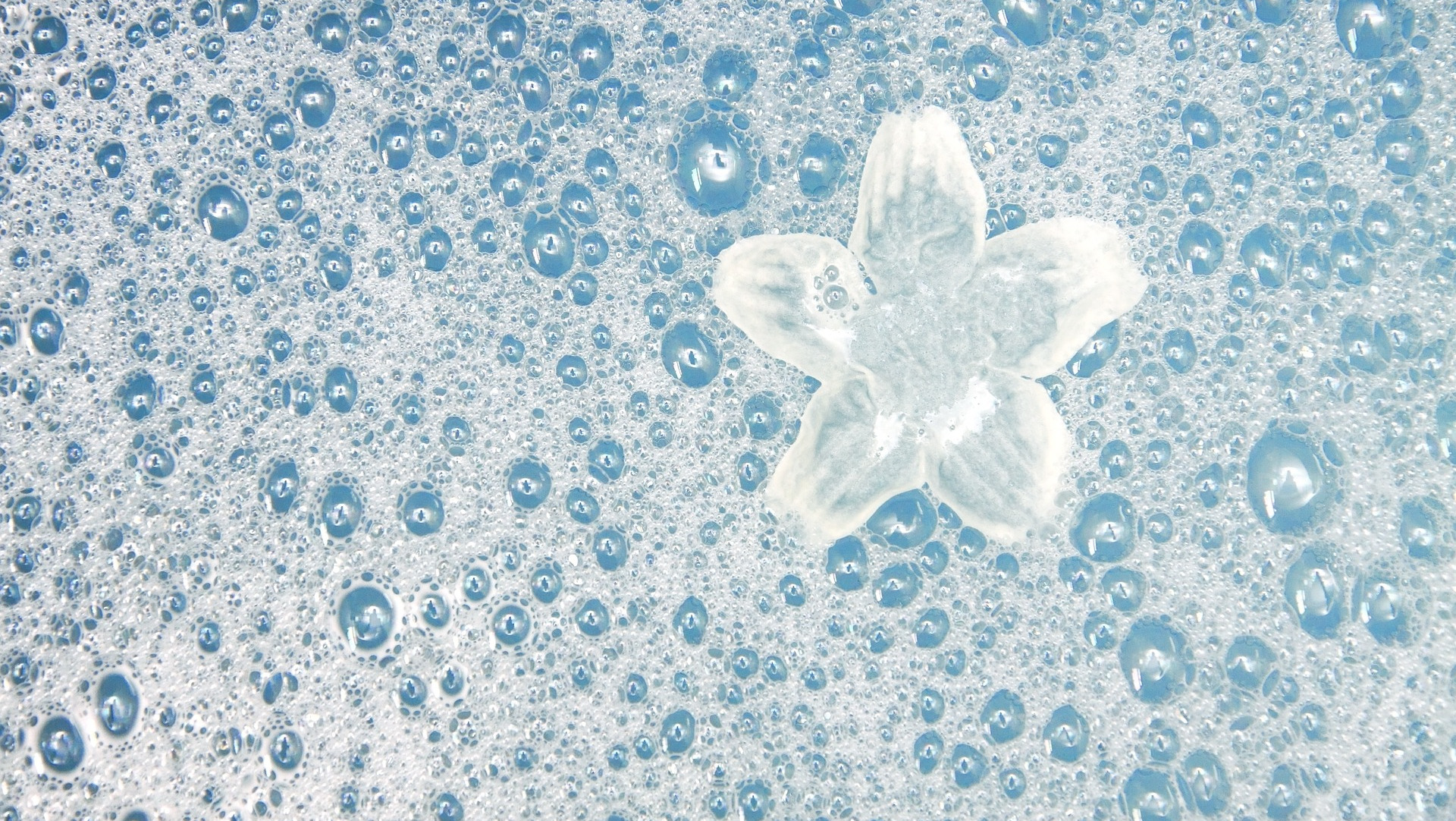Selecting Quality Essential Oils: The Essence of Purity and Potency
In the world of aromatherapy, the quality of essential oils takes center stage. Selecting fresh oils free from additives or synthetic ingredients is crucial to maximize their therapeutic efficacy and safety. These potent and concentrated plant extracts offer many therapeutic benefits when used correctly.
The source of the plant material is a critical factor, with the growing conditions, harvesting methods, and plant species all playing a pivotal role in the oil's final quality. Additives, often used to extend the oil's volume or alter its fragrance, can significantly diminish its benefits and pose serious health risks. So, understanding the origin and composition of these oils is essential for any aromatherapy practitioner.
The Devil Is In The Details
Checking the details guarantees the best essential oils. High-quality essential oils are characterized by their transparency in labeling and sourcing. Look for products where companies provide the botanical name, country of origin, and extraction method. This information ensures authenticity and provides insight into the oil's therapeutic properties. Organic essential oils typically hold an edge over non-organic variants due to the absence of pesticides and chemicals in their cultivation, thus enhancing their purity and potency.
Price, too, can be a telltale sign of quality. It often reflects the rigorous processes in testing the oils and sourcing quality crops. This is especially true for oils derived from plants that are rare or require intricate methods to extract their essence. The cost involved in maintaining such high standards often translates into a higher price point for the consumer, but it's a worthwhile investment for the unmatched benefits these oils provide.
Check for Quality Before Purchase
Knowing what makes a quality product makes all the difference when shopping for essential oils. Start by identifying suppliers committed to verifying their products' freshness, strength, and purity. Many reputable suppliers go the extra mile by offering samples, allowing you to personally assess the oil's quality before committing to a purchase. These vendors typically exude expertise in their field, often demonstrated through detailed educational materials like pamphlets or comprehensive websites. Such resources offer invaluable information about each oil, including its specific aromatherapy uses, origin, and best practices for application. This level of transparency and educational support is a hallmark of a trustworthy supplier, one that is dedicated to providing the highest quality essential oils to its customers.
Retail Shops
If shopping at a local retail shop, ensure the essential oil bottles are sealed to prevent contamination. Avoid bottles that have been frequently handled or exposed to dust, as this could indicate prolonged shelf life, potentially leading to a loss of potency. Many stores offer tester bottles, an excellent option for evaluating the oil's aroma without compromising the product's integrity.
Internet Orders
For online orders, start with a small purchase. Request samples of the oils you're interested in; even if there's a fee, it's a worthwhile investment to gauge the quality before making a larger order. When buying oils online, customer reviews can be a goldmine of information. They provide real-user experiences and insights into the oil's quality and the vendor's reliability.
Local Events
Exercise caution when buying essential oils at events like fairs or festivals. These venues usually lack recourse if you discover you have selected inferior products. Ensure the vendor is knowledgeable and obtain their contact information for future reference.
Decoding Labels: Identifying Authentic Essential Oils
The label is your first clue to an oil's authenticity. It should specify 'essential oil' and not alternatives like 'perfume,' 'fragrance,' or 'natural identical oil.' Be cautious of terms like 'therapeutic grade' or 'aromatherapy grade,' as these are not regulated and may be used to market inferior oils. Always seek oils labeled as 'pure essential oil,' but remain vigilant about their quality and storage conditions.
Price as a Quality Indicator
We all love a good deal, but the pricing of essential oils can be revealing. A uniform pricing structure across different oils is often a red flag, as the cost of producing high-quality oils like neroli, rose, and jasmine far exceeds that of more common oils like geranium or ylang-ylang. Similarly, patchouli oil typically costs more than eucalyptus, and citrus oils like sweet orange are among the most affordable. Diverse pricing often reflects the quality and rarity of the oils. Fragrance oils made from cheap chemicals have minimal differences in price.
Proper Packaging is Key
Avoid Plastic: Be cautious of essential oils shipped in plastic containers; this is a common practice for reducing shipping costs. If received in plastic, transfer the oils to dark glass containers promptly. When purchasing oils stored in plastic, inquire about the duration of this storage and prefer those transferred to plastic just before shipping. For larger quantities, aluminum bottles with an internal lining are acceptable.
Glass Bottles: Quality essential oils are best preserved in dark-colored glass bottles, ideally 1 ounce or smaller. This packaging shields the oil from light and maintains its freshness. Avoid oils stored in plastic or clear glass, as essential oils can degrade these materials, compromising their quality.
Avoid Rubber Droppers: Select essential oil bottles without rubber dropper bulbs. The concentrated nature of essential oils can deteriorate the rubber, leading to contamination or spillage.
Safety First with Essential Oils
Essential oils are potent and should be used with care. Always dilute oils with a carrier oil before applying to the skin to prevent irritation. Avoid ingesting essential oils unless under the guidance of a healthcare professional. Keep oils out of reach of children and pets. If pregnant, nursing, or under a doctor's care, consult your physician before use. Before using a new oil, perform a patch test to check for skin reactions. Do not apply oils directly to sensitive areas, like the eyes and inner ears. Remember, natural doesn't always mean safe, so use essential oils responsibly.







